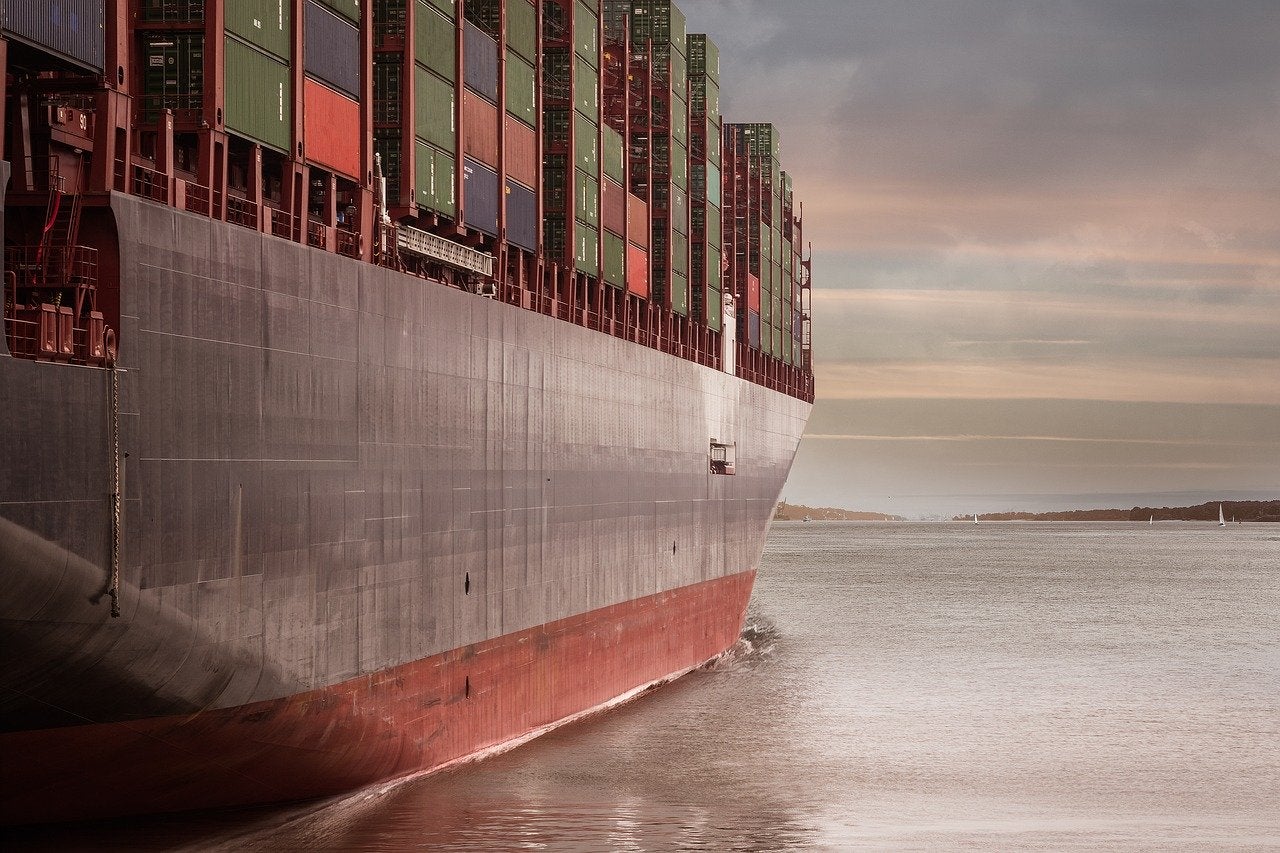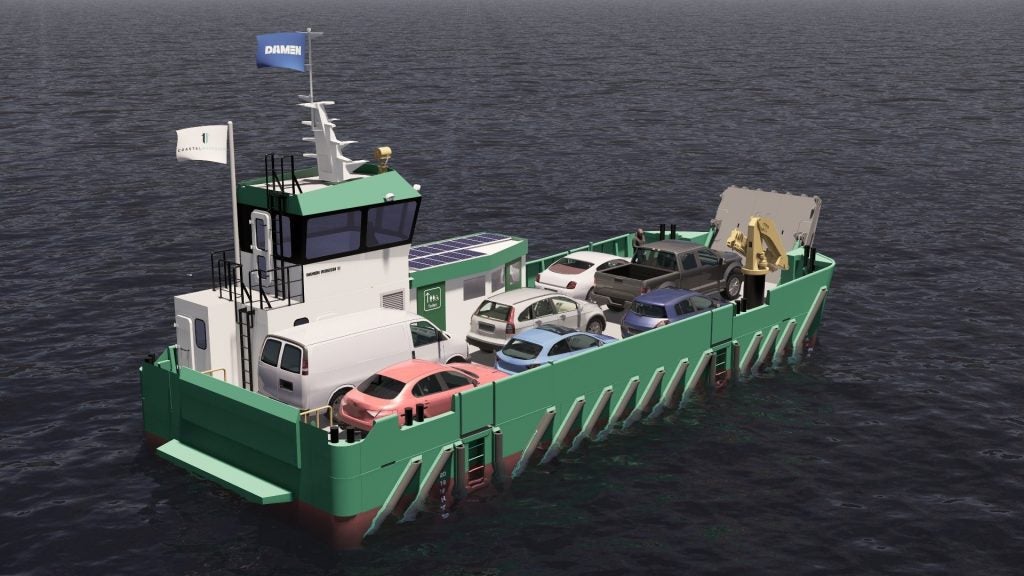
VTT and its partners have launched a project to determine the suitability of biomass and waste plastics fuel oils in ship diesel engines and power plants.
As part of the Business Finland BioFlex project, the companies aim to identify the most economically and ecologically sustainable alternative to fossil fuels.
The use of wind and solar power need a load-following capacity to ensure that the system produces electricity when there is no wind and on cloudy days.
The load changes in existing coal or biomass-fired steam boilers are not as fast as the ones in natural gas-fired gas turbine power plants or internal-combustion engine power plants, which offer the most flexibility.
The VTT-coordinated BioFlex project aims to find fossil fuel alternatives that can help large diesel engines to be environmentally sustainable at sea and land.
VTT senior principal scientist Anja Oasmaa said: “Our goal is to find the most ecologically and economically sustainable way to replace fossil heavy fuel oil in ship and power plant diesel engines.
How well do you really know your competitors?
Access the most comprehensive Company Profiles on the market, powered by GlobalData. Save hours of research. Gain competitive edge.

Thank you!
Your download email will arrive shortly
Not ready to buy yet? Download a free sample
We are confident about the unique quality of our Company Profiles. However, we want you to make the most beneficial decision for your business, so we offer a free sample that you can download by submitting the below form
By GlobalData“We compare different methods of industrially producing fuel oils from, for example, waste plastics or biomass, such as harvest residues from forestry and agriculture. We are also conducting experiments to examine the suitability of the oils for applications.”
The project expects to support the International Maritime Organization’s (IMO) objective to halve maritime greenhouse gas emissions by 2050.
Last month, IMO announced a ban on carrying non-compliant fuel oil on ships to reduce ocean pollution.
In January, the Clean Arctic Alliance (CAA) urged IMO to ban ships from using fuels with high black carbon emissions in the Arctic region.





